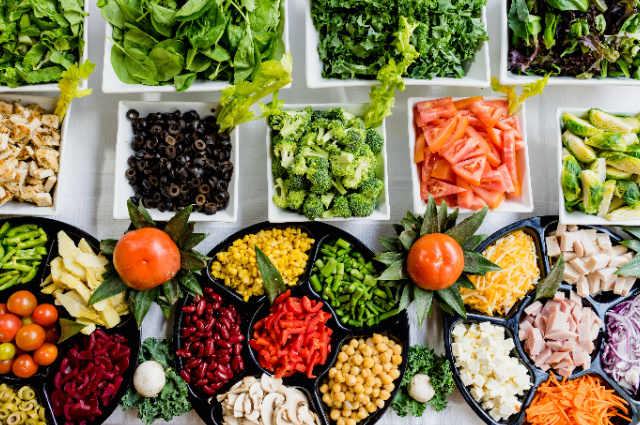
Photo by Dan Gold on Unsplash
Fighting climate change is important as it poses a threat to the food security of families worldwide.
Definition:
"When all people, at all times, have physical and economic access to sufficient, safe, and nutritious food that meets their dietary needs and food preferences for an active and healthy lifestyle, and that's food security according to the World Bank."
In simple terms, lack of access to food to live an active and healthy life is food insecurity.
Objectives of food security in India:
- To raise the income of families.
- Enhanced technologies.
- Improvised farm management practices.
- Improve production and productivity of wheat, rice, and pulses on a sustainable basis.
NFSA (National Food Security Act 2023)
NFSA was started on July 5, 2013. The new scheme is to provide free food grains to 81.35 crore beneficiaries under NFSA for the year 2023.
Food security in India:
Food security provides people stability, growth, and assurance of food resources. It is essential for the economic growth of the country. It is needed for livelihood.
Poor sections of people should never feel insecure especially when the country faces disasters like earthquakes, drought, floods, famine, etc.
Nutritious food must be accessible to all its residents. Inadequate distribution of food and unmonitored nutrition programs must be controlled. Poverty and population must be checked. Everyone must access it at a fair price. There must be sufficient, safe, and healthy food for everyone irrespective of age, gender, and economic status.
Strengthing food security:
- Ensure the safety of farmers.
- Proper training to farmers regarding technology and modern practices.
- Cheaper bank loans and seed rates.
- Fair trading practices.
- Pay attention to diversification.
- Improve infrastructure.
- Proper machinery, storage, and transport.
- Reduce yield gap for more efficient production.
- Combat climate change.
- Reduce wastage of food at home and during transport.
Climate change and food security:
Climate change is a great concern for all individuals of the world. But why?
- Climate change has a huge impact on water, food safety, and food-borne diseases.
- It increases the competition for resources.
- It impacts all four pillars of food security-availability, access, utilization, and stability.
- Climate change disrupts rainfall, causes rising temperatures, droughts, heavy rainfall, melting of glaciers resulting in crop failures.
- Water scarcity and food shortage.
- Nutritional insecurity, impact on fisheries, impact on the ecosystem, biodiversity loss, reduced agricultural productivity, soil erosion, and spread of disease.
- Rise in food prices, risk of livestock, altering pests, increased diseases, harvest failures, etc.
- Ocean acidification and land desertification can lead to decreasing reproductive rates.
- It can even affect our mental health.
- It can cause vegetation damage, agriculture dryouts, forest fires, floods, and other natural disasters that boost the food crisis.
- Climate change can alleviate poverty creating wide gaps between rich and poor.
Overall our sustenance is endangered. Food and health security is the need of the hour. Let us all act to reverse this social change. Sustainable development goals can protect our environment and slow climate change. Forests and oceans are to be protected. Food inflation can be controlled. Reduce, reuse, repair, and recycle can fill many plates.

As responsible citizens, we need to check our food plates, throw less food, and give importance to farming. It's everyone's basic right to have easy access to food.
. . .
References:
